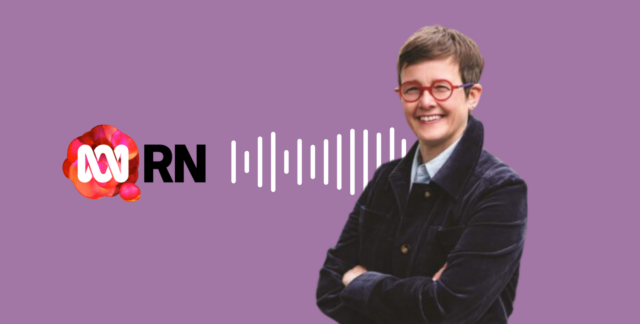The University of Newcastle is first university in Australia to receive a SAGE Cygnet Award for Indigenous Cultural Competency, recognising their commitment to supporting Aboriginal and Torres Strait Islander students and staff.
Evidence of impact
SAGE CEO, Dr Janin Bredehoeft offered her warmest congratulations to the University on this achievement.
“This SAGE Award recognises the University of Newcastle’s institution-wide improvements in Indigenous cultural competency, which have resulted in real increases in Indigenous student enrolments, especially among young women and non-binary people, as well as and increases in Indigenous staff numbers.”
“Feedback from staff demonstrates that these changes have improved their perceptions of career support, cultural safety and respectful relationships. This shows that the impacts of the University’s actions extend beyond the numbers and directly into people’s lived experience at work.”
Part of a broader commitment
Vice-Chancellor Professor Alex Zelinsky AO said the Cygnet Award was particularly important given the University’s position as a leader in Indigenous student enrolments and pathways.
“Our University is a national leader in educating First Nations students. We have more Indigenous students enrolled with us than any other University in the country and we know they go on to achieve great things,” Professor Zelinsky said.
The Cygnet Award comes at a poignant time in Australia’s history.
“We know a lot of our First Nations students and staff are hurting following the referendum outcome.
“As an institution, we are committed to reconciliation for Aboriginal and Torres Strait Islander Peoples and we see the important role we play as educators and as an employer.
“We want to make sure that opportunities for Indigenous Australians are applied to a whole-of-life approach, whereby we close the gap in disadvantage and provide the best possible outcomes for all students, staff and the wider community.”
“We have a comprehensive range of programs that support our First Nations students and staff, including targeted recruitment, Indigenous Cadetships to assist Indigenous students with paid work experience that is relevant to their studies and career aspirations, and support for Indigenous academics to complete Higher Degree by Research.”
Cultural Competency training
The University also provides training for all staff to ensure they are culturally competent. The training sees University employees undertake online training modules, a three-hour face-to-face session and a half or full day On-Country experience.
Mr Jake MacDonald, University of Newcastle Cultural Capability Partner explained the training aimed to increase the sense of cultural safety and belonging amongst Indigenous students and staff. The training also builds the cultural capability of students and staff to understand Indigenous culture and history; and address contemporary issues.
“Our Cultural Capability training allows staff to be more informed, moving from culturally aware toward being culturally responsive. The training is a vital step that has helped create a safe and supportive environment for Indigenous Australians to both work and study at our University,” Mr McDonald said.
“We are proud that more than 75% of our staff have now undertaken their Indigenous Cultural Capability training and nearly 100% of staff surveyed afterwards said they had learnt something new and that they would recommend the training to others. Our goal is to have 100% of our staff complete this training by 2025.
“Closing the Gap and addressing the inequities Indigenous Australians experience requires a proactive and consistent effort. Our commitment to our First Nations people remains ongoing and the award of the Cygnet for Indigenous Cultural Competency is recognition that as a university, we are on the right path to reconciliation.”
The Cygnet comes as the University reached several important milestones including this year celebrating 40 years of the Wollotuka Institute, an all-Indigenous staffed Institute that supports Indigenous students with their study.
About the SAGE Cygnet Award
To achieve a SAGE Cygnet Award, organisations must demonstrate their actions to removing or reducing barriers to gender equity, diversity, and inclusion.
This is the third Cygnet award for the University, making it the first university in the country to receive three Cygnets. The first two Cygnet Awards recognised the University’s commitment to addressing the underrepresentation of women in STEM and improving career development support for women. The University of Newcastle was also among the first 15 Australian research institutions to receive an Athena Swan Bronze Award in 2018.
Athena Swan accreditation is the only internationally recognised framework for gender equity, diversity and inclusion, with Cygnets awarded to organisations that can demonstrate they have achieved sufficient progress and impact in removing or reducing a key barrier to equality.
How did they do it?
Read more about how Newcastle University improved their Indigenous Cultural Competency in their full Cygnet Award application.



